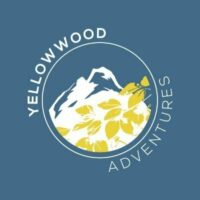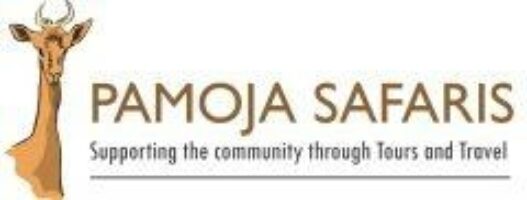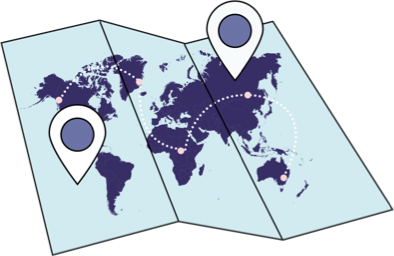Gorilla trekking prices
Gorilla trekking costs in Uganda & Rwanda
Costs for a gorilla trek can range from $1,500 per person on the low-end, to $5,000 and above on the luxury end.
The main costs of a gorilla trek are the tracking permits, accommodation, transport, meals and tips, plus optional expenses like hiring a porter. Two obvious factors govern the big price difference: going in a group vs private tour, and the class of accommodation you’re looking for.
Most international visitors to Uganda and Rwanda book everything in an organised tour package; this is by far the easiest route.
The most important expense is your gorilla tracking permit. This allows you entry into the relevant national park and one hour with the mountain gorillas, accompanied by official ranger guides.
The gorilla tracking permits are highly regulated systems, enabling the authorities to control human-gorilla interaction and generate much-needed revenue. The availability of permits is limited by the number of habituated gorilla families and the number of visitors allowed per family.
Each permit is printed with a unique serial number and the traveller’s personal details. They are non-transferable and non-refundable (except for medical reasons, in which case a medical certificate is required). You will need to provide your passport when you book your permits and you will need to show this at the start of your gorilla tracking activity too.
Although your gorilla tracking permit does include a fee for the ranger guides, tips are greatly appreciated. You’ll also find it very useful to hire a porter so should allow a fee of $10- $20 per person plus tip.
Here's our rundown on gorilla trekking costs in Uganda and Rwanda.
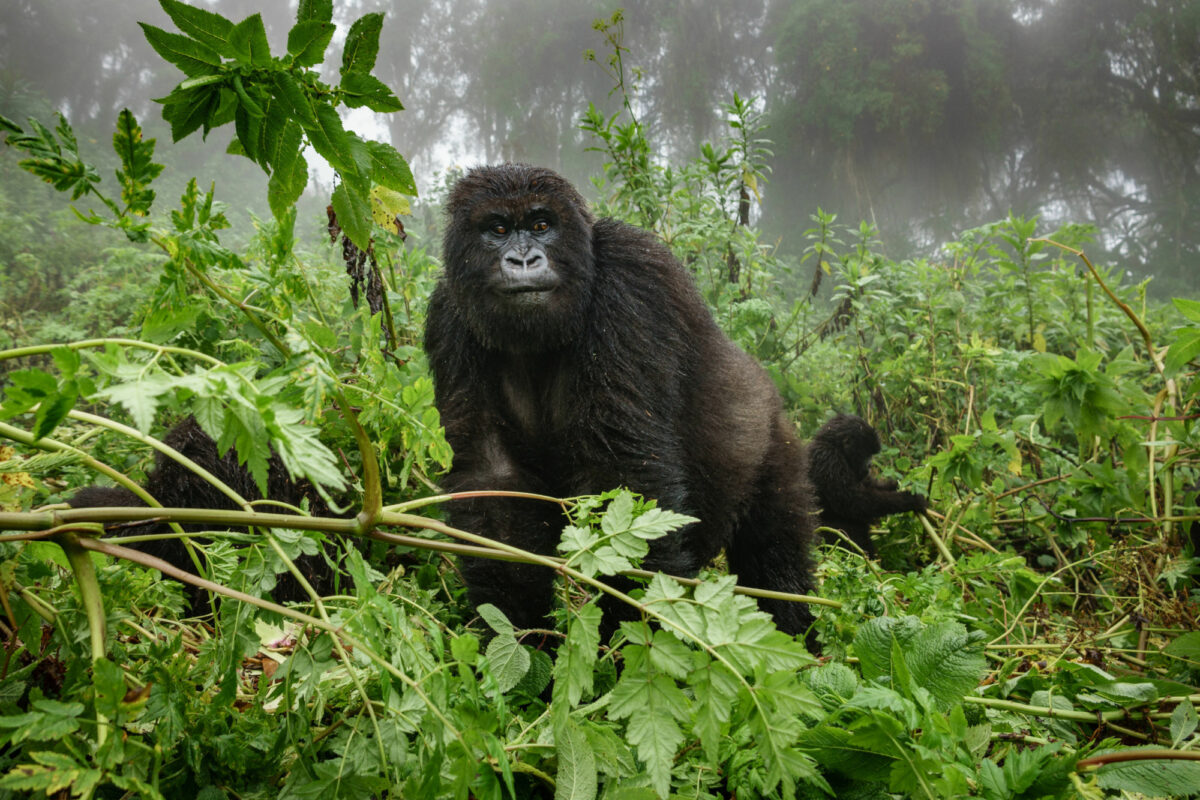
Up close and personal with gorillas in Rwanda
Featured Trips
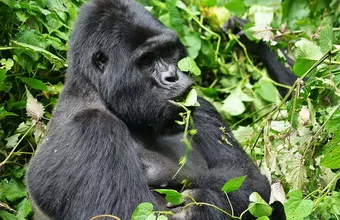
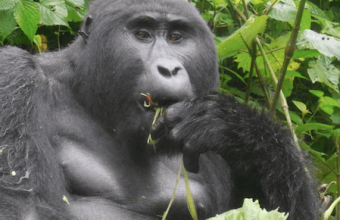
Gorillas & Hiking Uganda's Rwenzori Mountains
Explore the flourishing wildlife of Uganda
12 days From £3,780 pp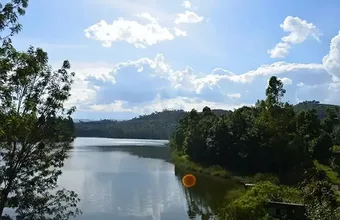
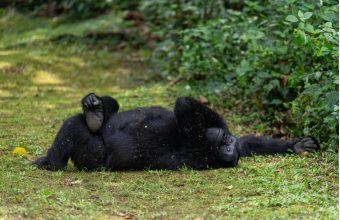
Wildlife of Western Uganda Safari
Discover the wonderful wildlife of western Uganda
15 days From £3,760 pp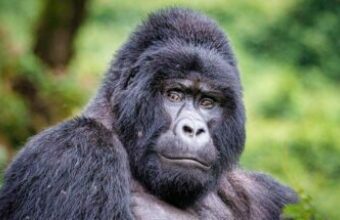
12 Day Uganda Wildlife Highlights
Gorilla tracking, chimpanzees and more
12 days From $2,246 pp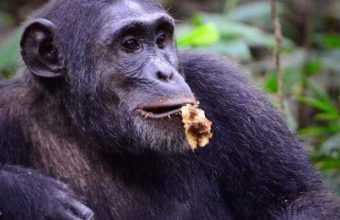
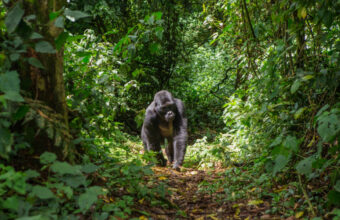
Ugandan Primate Habitat Safari
Witness the great apes, chimpanzees and golden monkeys of Uganda
15 days From $2,964 ppHow much does gorilla trekking cost?
Cost breakdowns and how to budget
Most visitors use a tour operator who will arrange a driver guide for the duration of the tour. Typically, the driver will welcome you at the airport, take you to your lodge and accompany you to the start of the gorilla trekking point. The majority of visitors will extend their trip several days afterwards, with the same vehicle and driver.
The gorilla trek starts early in the morning, so you’ll want accommodation near to your chosen national park entrance. It's recommended that you arrive at your lodge the day before you trek and then spend a second night at the same lodge. Most accommodation options are full board.
The majority of lodges are independently owned. Some are owned by locals, and others by international operators. Generally speaking, locally-run establishments are cheaper. Some are commercially run, and others support local projects. High-end lodges often invest in corporate social responsibility projects around the lodges. Internationally owned establishments often have more years in the business and thus give a better overall experience, at a price.
In Rwanda
In Rwanda a gorilla tracking permit ordinarily costs US$1,500 for international tourists.
At the time of writing, there are 96 permits available per day. You can buy your permit up to two years in advance through the Rwanda Development Board or through a registered tour company.
Rwanda pitches itself as the high-end gorilla trekking destination; this is reflected in the higher price of the permit and the bigger range of top-end accommodation. Rwanda has some sensational luxury properties and a fair number of overpriced mid-range ones, so book with caution.
Typical accommodation costs in Rwanda:
Budget : $30 - $50 per person per night based on two sharing
Mid-range: $80 - $250 per person per night based on two sharing
Luxury: $300-$3,000 per person per night based on two sharing
Rwanda’s gorilla trekking region is only two hours’ drive from Kigali, making the gorillas far more accessible than in Uganda. In theory this means you can save on transport and accommodation by doing a shorter trip. It’s possible to do a one-day gorilla trek in Rwanda from around $1,700 per person. A two-day gorilla tour will start from £1,900. A three-day luxury gorilla safari may cost $2,000 to $5,000 per person. Tours include one gorilla tracking permit, private transport, English-speaking guide, accommodation and meals. Charter plane and helicopter transfers are additional options.
My advice is to slow it right down and don’t rush in and out just to track the gorillas – you’ll be doing yourself and your hosts a great disservice.
In Uganda
The advertised price for a gorilla permit in Uganda is US$700 per person, according to the Uganda Wildlife Authority’s tariff of July 2022 to June 2024.
There is also the option for an extended "habituation experience" permit which allows approximately four hours with the gorillas, rangers and researchers and costs $1,500.
As an incentive for visitors to explore less-visited corners of the country, gorilla permit holders are entitled to a day’s free entrance to either Mount Elgon National Park in eastern Uganda or Toro-Semliki Wildlife Reserve in western Uganda. This fee doesn't cover activity fees, only park entrance.
With 23 habituated gorilla families in Uganda and a maximum of eight visitors per group, there are a total of 184 permits available per day.
Gorilla tracking permits can be purchased up to two years in advance through a registered tour company.
Uganda has more budget and mid-range accommodation options than Rwanda and also has a number of luxury lodges.
Budget : $50-$70 per person per night based on two sharing
Mid-range: $80-$120 per person per night based on two sharing
Luxury: $300-$3,000 per person per night based on two sharing
The cheapest three-day gorilla trek will cost around $1,200 per person and will include one gorilla tracking permit, private transport, an English-speaking guide, accommodation and meals. A three-day luxury gorilla safari may cost upwards of $3,000 per person. Higher-priced tours may include flights to one of the small airstrips a half-hour drive from the gorilla tracking region.

